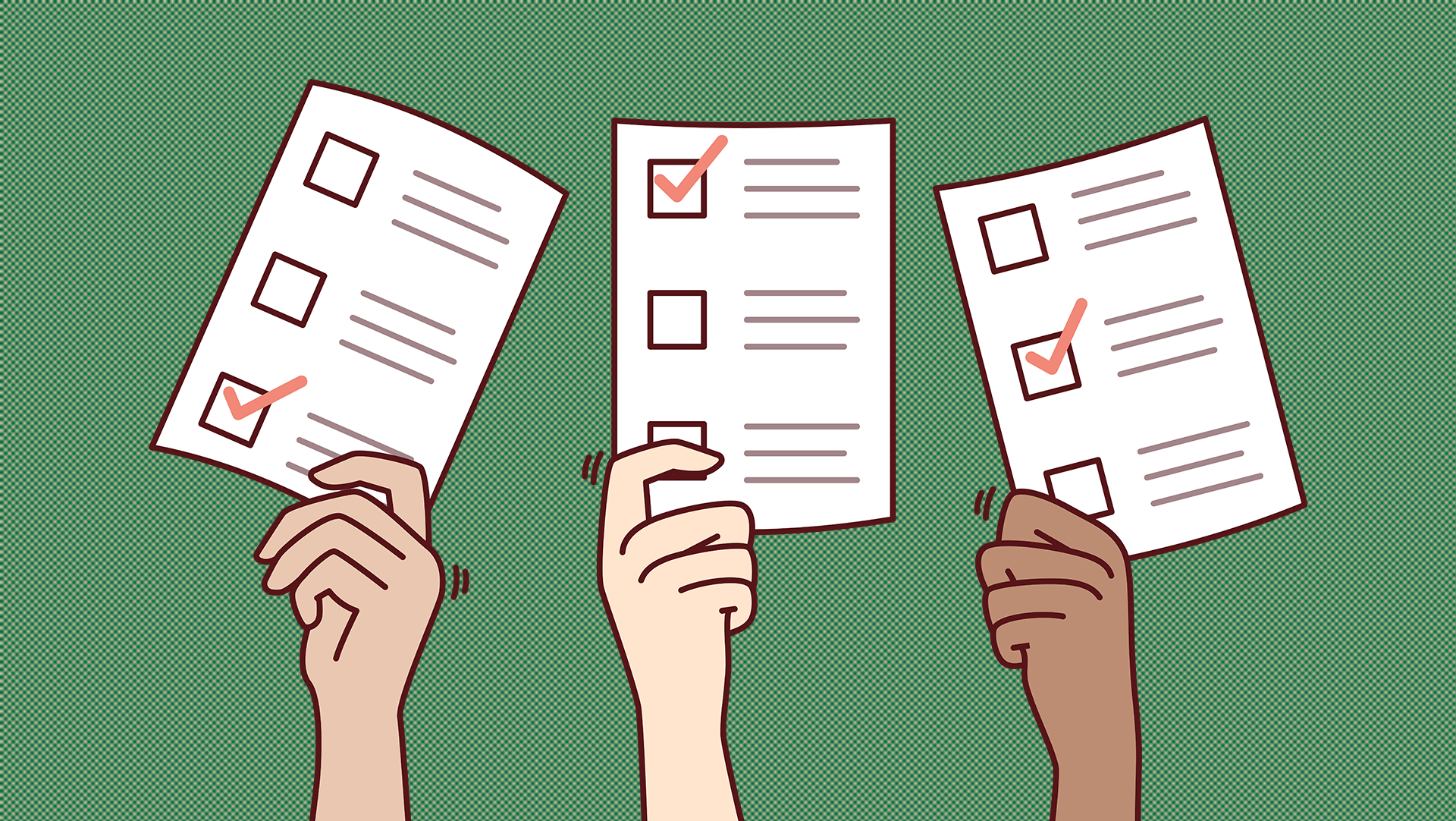USF professors discuss 2024 primary: ‘Do not skip this election’

The clock is ticking with less than a month left to register by July 22 for this year’s primary election.
With critical races like local school boards and Senate on the line, USF professors are urging students to make their voices heard this election season.
Judithanne Scourfield McLauchlan is a political science professor and the director of USF’s Center for Civic Engagement. McLauchlan explained that many students may not realize this is the last stretch of the race for certain candidates.
“Do not skip this election, because some races will be decided in August or not move forward to November, so you will miss out on the opportunity to have a say if [you] skip this election, and that would be tragic in my opinion,” McLauchlan said.
The primary election allows voters to choose which congressional and presidential candidates they prefer for a political party to nominate in the general election.
Nominees for the Senate, House of Representatives and state attorney will be decided, while presidential nominees Trump and Biden are running uncontested in their primaries.
Related: A USF student’s primary voting guide
Primary Election Day falls on Aug. 20 this year, with more information available on the Florida Division of Elections website.
Florida’s closed primary system means only registered party members can vote for their party’s candidates.
Voters not registered to a party can still vote in this election to participate in nonpartisan races, including judicial and school board elections, according to McLauchlan.
This year’s judicial election will mark the first time in over two decades Hillsborough County voters can elect a public defender, following Julianne Holt’s retirement.
Non-party affiliated voters can also participate in primary elections in which every candidate belongs to the same party, called a Universal Primary Contest.
Some of these races will be decided entirely in August, like K-12 school board District 1 and 4 in Pinellas County, McLauchlan said.
“If students did not participate in the Aug. 20 primary, they wouldn’t have a say in these races at all… If you wait until November to vote, two of the school board member races are going to be decided without you having a say we do have,” McLauchlan said.
To vote in this year’s elections, students can register to vote or check their registration by July 22 on Florida’s Online Voter Registration website.
If you prefer to vote from home, vote-by-mail ballot requests can be made between July 11-18, with the deadline on Aug. 8. Early voting is from Aug. 5-18 in Hillsborough County and Aug. 10-18 in Pinellas County.
You can return a vote-by-mail ballot in person at an early voting polling place or by mailing to the Supervisor of Elections office.
Voters, however, can only vote in polling places assigned to precincts they live in. A form of identification, like a driver’s license, is needed.
You can find your precinct and a master list of Hillsborough County’s polling places on the Supervisor of Elections website.
People can vote early at the USF Training Center or on Election Day at the Marshall Student Center or the USF Hillel Morris & Bertha Escoll Center for Jewish Campus Life if they are registered to vote at that precinct.
Before voting, McLauchlan urged students to research candidates and their campaigns. Students can find sample ballots on the Supervisor of Elections website to see a list of candidates.
Associate professor Kirsten England recommended students learn about candidates from international sources, like Al Jazeera and BBC, to avoid American bias. She also noted candidates’ websites can come across as a sales pitch.
At USF, the Center for Leadership and Civic Engagement provides students with useful resources such as websites for evaluating candidates on the ballot, according to McLauchlan. She recommended students go to the Supervisor of Elections website, VOTE411 website and League of Women Voters voting guide as well.
England encouraged students to remember they do have the power to cause change and to “galvanize” one another to use their vote.
“We’ve seen people win by a couple thousand votes. So in these particular cases, especially in this particular election, your vote actually matters,” England said.








